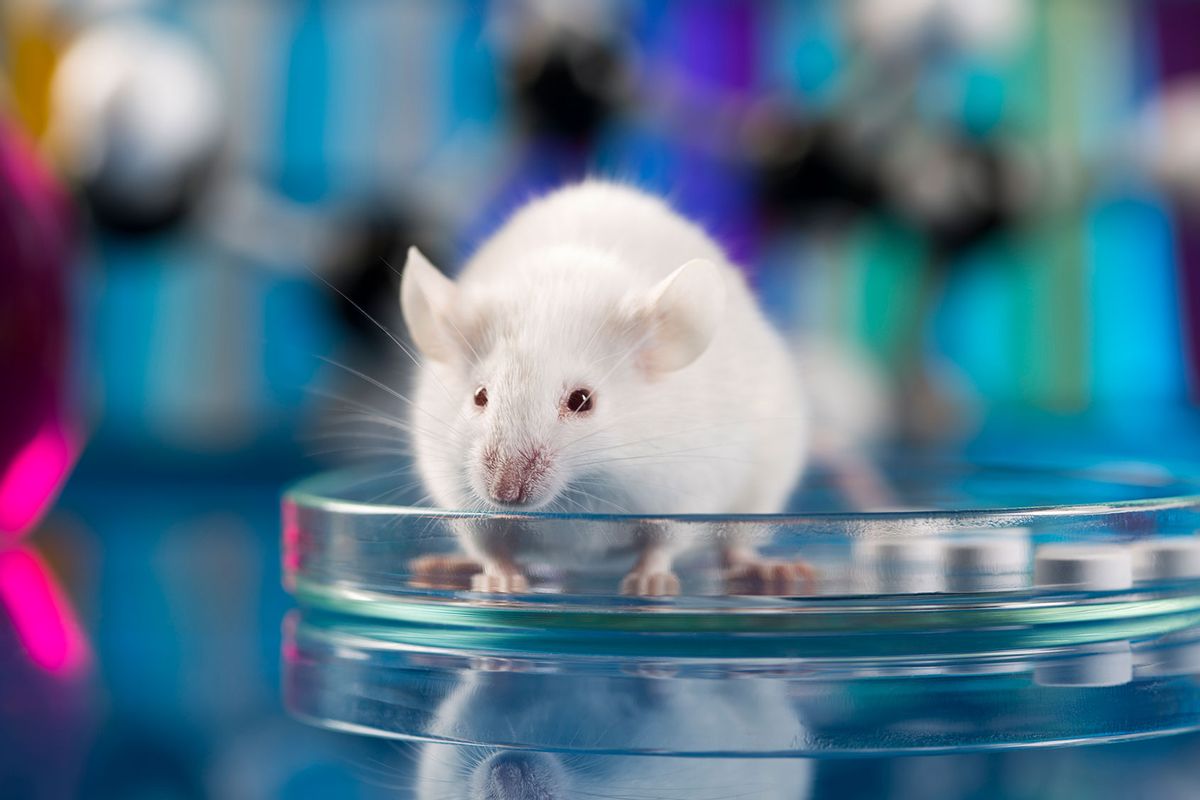Most of the recent news about the International Space Station (ISS) hasn't been very positive recently, from Russian cosmonauts dodging a cooling leak during a space walk to NASA's ongoing plan to crash the ISS into the ocean (which will largely benefit private space exploration companies). Yet in a major leap forward for biological sciences, a new study in the journal iSciences reveals that humans were able to successfully culture mouse embryos while aboard the ISS. This is the first time that any mammalian embryos have been cultivated and grown in space, which raises the prospect that humans will be able to someday successfully reproduce off of Earth, whether on Mars or beyond the stars.
The experiment involved freezing mouse embryos that had been cultivated to the two-cell stage, then shipping them off to space. Once they arrived at the ISS, they were carefully thawed and cultivated by astronauts in equipment especially designed for the purpose. Four days later the cultivated embryos were preserved in paraformaldehyde and shipped back to Earth, where a team led by molecular biologist Teruhiko Wakayama of the University of Yamanashi studied the results. While fewer of the embryos on ISS survived compared to mouse embryo counterparts that had been cultivated back on Earth, those which did survive developed normally.
"There is a possibility of pregnancy during a future trip to Mars because it will take more than six months to travel there," Wakayama told New Scientist. "We are conducting research to ensure we will be able to safely have children if that time comes."

Shares